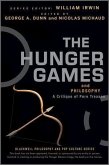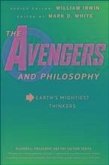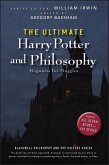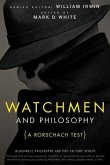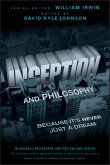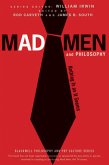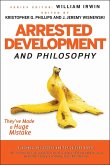A philosophical exploration of J.R.R. Tolkien's beloved classic--just in time for the December 2012 release of Peter Jackson's new film adaptation, The Hobbit: An Unexpected Journey J.R.R. Tolkien's The Hobbit is one of the best-loved fantasy books of all time and the enchanting "prequel" to The Lord of the Rings. With the help of some of history's great philosophers, this book ponders a host of deep questions raised in this timeless tale, such as: Are adventures simply "nasty, disturbing, uncomfortable things" that "make you late for dinner," or are they exciting and potentially life-changing events? What duties do friends have to one another? Should mercy be extended even to those who deserve to die? * Gives you new insights into The Hobbit's central characters, including Bilbo Baggins, Gandalf, Gollum, and Thorin and their exploits, from the Shire through Mirkwood to the Lonely Mountain * Explores key questions about The Hobbit's story and themes, including: Was the Arkenstone really Bilbo's to give? How should Smaug's treasure have been distributed? Did Thorin leave his "beautiful golden harp" at Bag-End when he headed out into the Wild? (If so, how much could we get for that on eBay?) * Draws on the insights of some of the world's deepest thinkers, from Confucius, Plato, and Aristotle to Immanuel Kant, William Blake, and contemporary American philosopher Thomas Nagel From the happy halls of Elrond's Last Homely House to Gollum's "slimy island of rock," this is a must read for longtime Tolkien fans as well as those discovering Bilbo Baggins and his adventures "there and back again" for the first time.
Dieser Download kann aus rechtlichen Gründen nur mit Rechnungsadresse in A, B, BG, CY, CZ, D, DK, EW, E, FIN, F, GR, HR, H, IRL, I, LT, L, LR, M, NL, PL, P, R, S, SLO, SK ausgeliefert werden.



